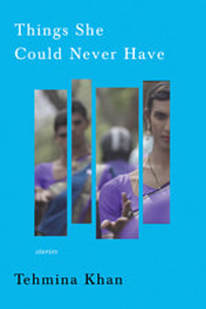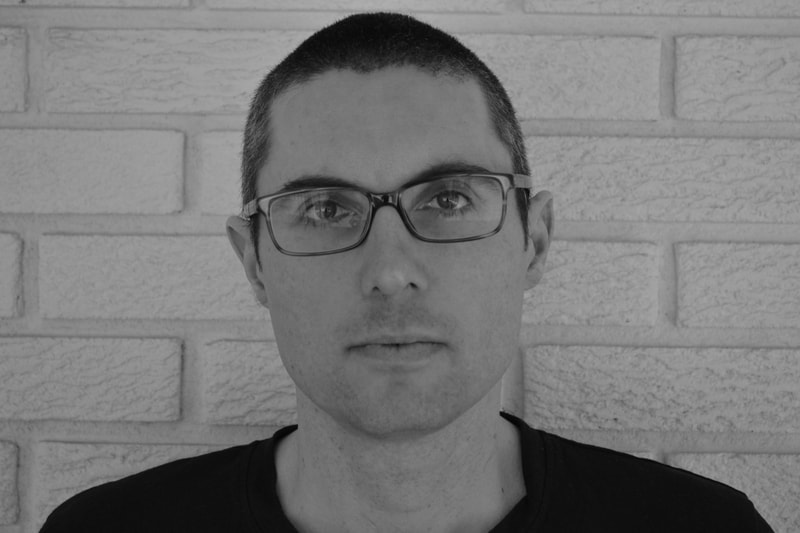Tehmina Khan's Things She Could Never HaveReviewed by Aaron Schneider
|
|
“To Allah We Pray,” the second story in Tehmina Khan’s debut collection Things She Could Never Have, contains a conversation that neatly encapsulates the often-fraught meshing of worlds that is at the heart of the book’s stories. While his sister, Fatima, watches, Zain, who is newly returned to Karachi from studying in Toronto, plans a celebratory night out on the town with his friend Raza and the bottle of Black Label he has smuggled through customs:
|


